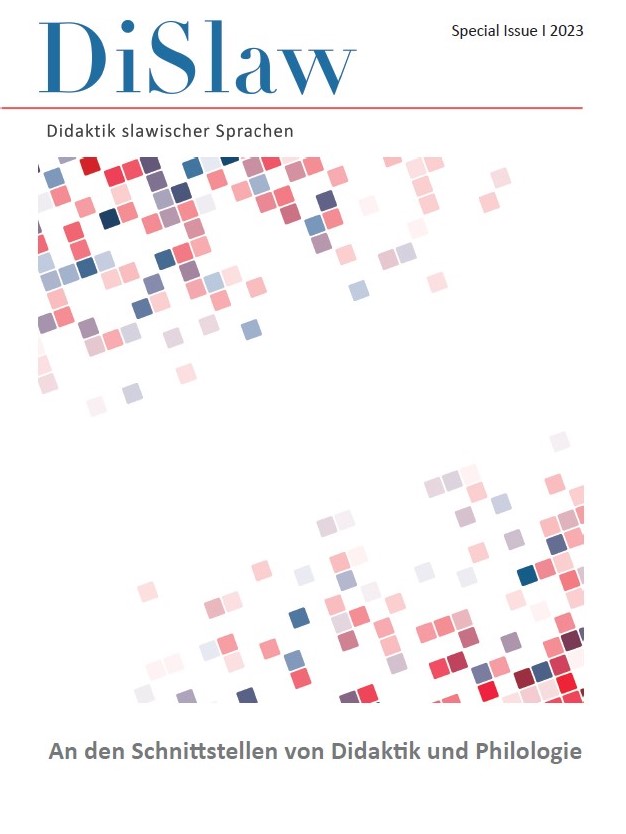Language(s) in education
An Auto-Ethnography of Meaningful Language Moments Across a Lifetime
DOI:
https://doi.org/10.48789/2023_special_issue11Keywords:
language, autoethnography, language diversity, narrativesAbstract
In this chapter the complexities and intricacies of the psychology of language in education are explored. The chapter draws primarily on the South African socio-political context to investigate shifting perceptions on language use in educational contexts of high diversity, significant inequality and historical contestations. An auto-ethnographic approach is utilised to trace the manifestations of four psychological constructs, i) emotion, ii) motivation, iii) reinforcement, and iv) problem-solving in language decision-making in relation to education, over a period of five decades (1972–2022). The personal narrative study agitates for the creation of dialogic spaces of constructive debate and negotiation, acceptance of partiality and reciprocal, inclusive participation in language landscapes. The study also positions emotion as an incitement to engagement on matters of language diversity. It elevates motivation, reinforcement and problem-solving as critical tools to create long-term solutions to multiple educational challenges. Moreover, the study echoes the effects of the psychology of language on literacy levels, language-of-instruction preferences, perception-and-science dichotomies and the politicisation of language in education. In essence, the chapter seeks to enhance the pursuit of quality education by acknowledging the integral nature of the psychology of language in education across the developmental lifespan.



